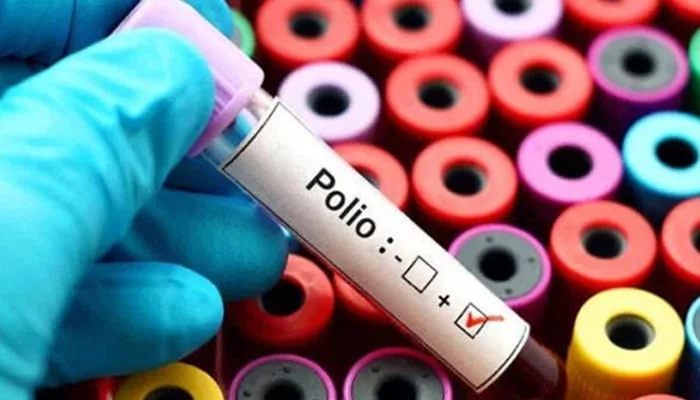Energy drinks are a popular choice for those looking to combat fatigue, but new research suggests they may be linked to serious health conditions. These beverages often contain high levels of sugar and caffeine, with caffeine content ranging from 80mg to 300mg per serving, compared to 100mg found in a cup of coffee. They also include other ingredients like taurine and guarana, which can affect heart rate, blood pressure, and other heart functions.
Doctors have raised concerns that energy drinks might disrupt the heart’s electrical system, potentially leading to abnormal heart rhythms (arrhythmia) and severe health consequences such as sudden cardiac arrest, where the heart stops beating.
A study by researchers at the Mayo Clinic in the US examined the medical data of 144 patients who had survived cardiac arrest after emergency treatment. The results showed that seven of these patients, aged 20 to 42, had consumed an energy drink before the life-threatening event. Six required electrical shock treatment, and one needed manual resuscitation.
In an accompanying editorial, Peter Schwartz from the Centre for Cardiac Arrhythmias of Genetic Origin and Laboratory of Cardiovascular Genetics in Milan, Italy, acknowledged the limitations of the findings but emphasized the importance of sounding the alarm. “Critics might say of these findings, ‘it’s just an association by chance’. We, as well as the Mayo Clinic group, are perfectly aware that there is no clear and definitive evidence that energy drinks indeed cause life-threatening arrhythmias and that more data are necessary, but we would be remiss if we were not sounding the alarm,” Schwartz wrote.
Dr. Belinda Griffiths from The Fleet Street Clinic explained the effects of the two main stimulants in energy drinks: caffeine and sugar. Caffeine can increase heart rate, enhance concentration, and prevent sleep, which can be beneficial in moderate amounts. “Caffeine can be good for adults. A lot of studies are saying that two coffees or more a day, depending on the amount of caffeine in each drink, might be beneficial for heart disease,” she said.
However, refined sugar, especially in the quantities found in energy drinks, is not healthy. “We can quite happily manage without it, we get enough sugar from everything else that we eat and drink,” Griffiths noted. She explained that sugar increases blood glucose, providing a short burst of energy followed by a drop, which can affect mood and increase hunger, leading to overeating.
London-based nutritionist Beanie Robinson, founder of The Health Space, advises those looking to reduce their consumption of energy drinks to switch to fizzy water. “I don’t think we want to be relying on energy drinks for energy, I encourage clients to drink filtered water – this is what gives us energy,” Robinson said. She highlighted the negative effects of caffeine, artificial flavorings, and sweeteners found in energy drinks on energy levels and gut health.
In conclusion, while energy drinks may provide a temporary energy boost, their potential health risks, particularly to heart health, warrant caution and further investigation. Switching to healthier alternatives like filtered water can help maintain energy levels without the associated risks.



